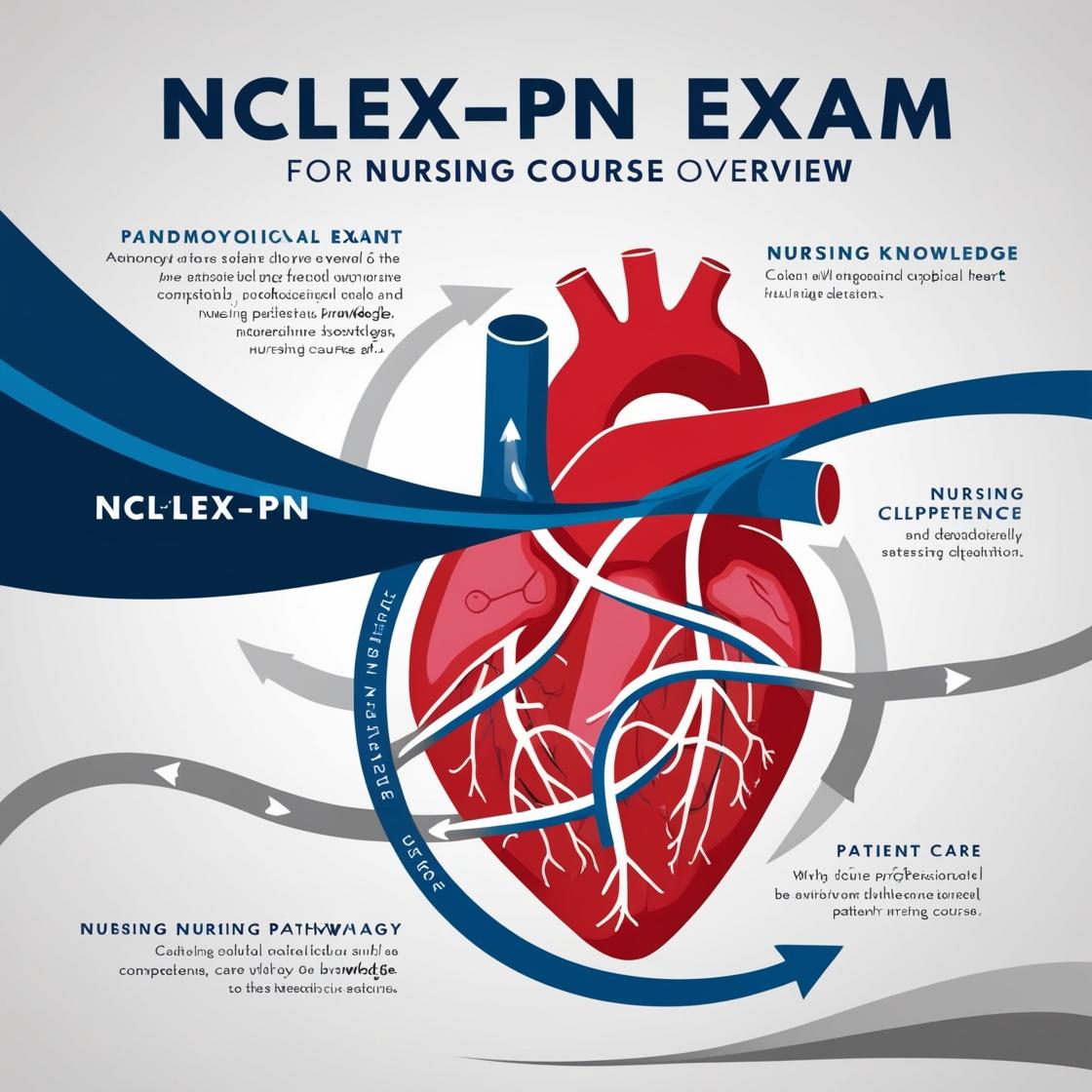NCLEX-PN
NCLEX PN Exam Cram
1. What is one characteristic of human immunodeficiency virus (HIV)?
- A. The presence of circulating antibodies that neutralize HIV is evidence of exposure to HIV.
- B. HIV replication occurs intracellularly.
- C. HIV integrates its genetic material into the host cell's DNA.
- D. DNA replication is irrelevant to HIV.
Correct answer: C
Rationale: The correct answer is C. HIV integrates its genetic material into the host cell's DNA. The virus uses the enzyme reverse transcriptase to make a DNA copy of its RNA, which is then inserted into the genetic material of the infected cell. Choice A is incorrect because the presence of antibodies does not indicate immunity to HIV but rather exposure to the virus. Choice B is incorrect as HIV replication occurs intracellularly, inside the host cell. Choice D is irrelevant to the characteristics of HIV.
2. A nurse at an outpatient clinic is returning phone calls that have been made to the clinic. Which of the following calls should have the highest priority for medical intervention?
- A. A home health patient reports, "I am starting to have a breakdown of my heels."?
- B. A patient that received an upper extremity cast yesterday reports, "I can't feel my fingers in my right hand today."?
- C. A young female reports, 'I think I sprained my ankle about 2 weeks ago.'
- D. A middle-aged patient reports, 'My knee is still hurting from the TKR.'
Correct answer: B
Rationale: The correct answer is the patient who received an upper extremity cast yesterday and reports not being able to feel their fingers in the right hand. This situation indicates a potential neurovascular issue that requires immediate attention to prevent complications. The other options are of lesser priority: A - Breakdown of the heels, while concerning, is not an acute issue that necessitates immediate intervention. C - An ankle sprain that occurred two weeks ago is now subacute and unlikely to be an urgent medical concern. D - Pain in the knee following a total knee replacement (TKR) is common in the early postoperative period and is not unexpected.
3. A central venous pressure reading of 11cm/H(2)O of an IV of normal saline is determined by the nurse caring for the patient. The patient has a diagnosis of pericarditis. Which of the following is the most applicable?
- A. The patient has a condition of hypovolemia.
- B. Not enough fluid has been given to the patient.
- C. Pericarditis may cause pressures greater than 10cm/H(2)O with testing of CVP.
- D. The patient may have a condition of arteriosclerosis.
Correct answer: C
Rationale: A central venous pressure reading above 10cm/H(2)O may indicate a condition of pericarditis, as the inflammation and fluid accumulation around the heart can lead to elevated pressures. Choices A, B, and D are incorrect. Hypovolemia would typically result in lower CVP readings, not higher. Not enough fluid given would also lead to lower CVP levels. Arteriosclerosis is not directly related to CVP readings in the context of pericarditis.
4. Which of the following is not typically considered one of the main mechanisms of Type II Diabetes treatment?
- A. Medications
- B. Nutrition
- C. Increased activity
- D. Continuous Insulin
Correct answer: D
Rationale: Continuous Insulin is not typically considered one of the main mechanisms for treating Type II Diabetes. While medications, nutrition, and increased activity play crucial roles in managing Type II Diabetes, continuous insulin therapy is more common in Type I Diabetes or in specific cases of Type II Diabetes where other treatments are ineffective. Therefore, the correct answer is Continuous Insulin. Choices A, B, and C are mainstays in the treatment of Type II Diabetes, making them incorrect answers.
5. A 27-year-old woman has delivered twins in the OB unit. The patient develops a condition of 5-centimeter diastasis recti abdominis. Which of the following statements is the most accurate when instructing the patient?
- A. Avoid sit-ups to prevent worsening the condition.
- B. Surgery is not always necessary for this condition.
- C. Guarding the abdominal region is important at this time.
- D. Antibiotics are not needed for diastasis recti abdominis.
Correct answer: C
Rationale: After experiencing diastasis recti abdominis, it is crucial for the patient to protect and guard the abdominal region to facilitate healing. Choice A is correct since avoiding sit-ups is important to prevent worsening the condition by increasing intra-abdominal pressure. Choice B is accurate as not all cases of diastasis recti abdominis require surgery; conservative management is often effective. Choice D is also correct as antibiotics are not indicated for diastasis recti abdominis since it is a separation of the abdominal muscles and not an infectious condition.
Similar Questions

Access More Features
NCLEX PN Basic
$69.99/ 30 days
- 5,000 Questions with answers
- Comprehensive NCLEX coverage
- 30 days access @ $69.99
NCLEX PN Premium
$149.99/ 90 days
- 5,000 Questions with answers
- Comprehensive NCLEX coverage
- 30 days access @ $149.99
